Introduction
In a world where environmental consciousness is becoming increasingly vital, eco baby essentials are gaining popularity among parents who want the best for their little ones while also taking care of the planet. These eco-friendly baby products not only benefit the environment but also contribute to the health and well-being of the baby. In this article, we will explore the significance of eco baby essentials and discover the top products that can make a positive impact on both your baby and the world.
Benefits of Eco Baby Essentials
1. Safer for the Baby's Health Traditional baby products often contain harmful chemicals and toxins that can be harsh on a baby's delicate skin and overall health. Eco baby essentials, on the other hand, are made from natural and organic materials, minimizing the risk of skin irritations and other health issues. Whether it's organic cotton clothing or chemical-free skincare products, choosing eco-friendly options ensures that your baby is not exposed to harmful substances.
2. Better for the Environment Conventional baby products generate a significant amount of waste, contributing to environmental pollution. Eco baby essentials are designed with sustainability in mind, using biodegradable or recyclable materials that have a lower impact on the planet. By opting for these products, you reduce your carbon footprint and help create a cleaner, greener world for your child's future.
3. Sustainable and Long-lasting Eco baby essentials are often crafted with durability in mind. For instance, cloth diapers are not only reusable but can also be passed down to younger siblings, reducing waste over time. Additionally, many eco-friendly toys and baby items are built to withstand wear and tear, making them long-lasting and suitable for extended use.
Eco-Friendly Diapers
1. Cloth Diapers Cloth diapers have been making a comeback in recent years due to their eco-friendly nature. These reusable diapers are made from soft, natural fabrics that are gentle on the baby's skin. They come in various styles and designs, including prefolds, fitted, and pocket diapers, catering to different preferences.
2. Biodegradable Diapers If cloth diapers are not a suitable option for you, consider biodegradable diapers. These diapers are designed to break down more quickly in landfills compared to traditional disposable diapers, which can take hundreds of years to decompose fully.
3. Eco-Friendly Diaper Accessories Complete your eco diapering routine with accessories like cloth wipes, diaper liners, and diaper rash creams made from natural ingredients. These products complement eco-friendly diapers, enhancing their overall effectiveness.
Organic Baby Clothing
1. Benefits of Organic Fabrics Organic baby clothing is made from pesticide-free and chemical-free materials, ensuring that no harmful substances come into contact with your baby's skin. Organic cotton, bamboo, and hemp are popular choices for organic baby clothing due to their softness and breathability.
2. Top Organic Clothing Brands for Babies Several brands specialize in organic baby clothing, offering a wide range of adorable and stylish options. Look for certifications like GOTS (Global Organic Textile Standard) to ensure the authenticity of organic products.
Chemical-Free Baby Skincare
1. Harmful Chemicals to Avoid When choosing baby skincare products, avoid harmful chemicals such as parabens, phthalates, sulfates, and synthetic fragrances. These substances can irritate the baby's skin and may have long-term adverse effects.
2. Natural and Safe Skincare Alternatives Opt for natural and organic baby skincare products with ingredients like coconut oil, shea butter, aloe vera, and calendula. These ingredients are known for their soothing and nourishing properties, making them ideal for delicate baby skin.
Eco-Friendly Baby Feeding
1. BPA-Free Bottles and Cups BPA (bisphenol A) is a harmful chemical often found in plastic baby bottles and cups. Choose BPA-free options made from glass or stainless steel to ensure your baby's safety during feeding.
2. Organic Baby Food Options For eco-friendly feeding, consider making your own baby food using organic fruits and vegetables. This approach reduces packaging waste and ensures that your baby gets fresh, nutritious meals.
Eco-Conscious Nursery
1. Non-Toxic Paint and Furniture When designing the nursery, opt for non-toxic paint and furniture made from sustainable materials like bamboo or reclaimed wood. These choices create a safe and healthy environment for your baby.
2. Sustainable Nursery Decor Decorate the nursery with eco-friendly elements such as natural fiber rugs, organic cotton bedding, and energy-efficient lighting. These small changes contribute to a more eco-conscious space for your little one.
Eco-Friendly Baby Toys
1. Non-Toxic and Safe Toys Choose toys made from non-toxic materials, such as organic cotton, natural rubber, or sustainably harvested wood. These toys are safe for babies to explore and play with.
2. Wooden and Recycled Plastic Toys Wooden toys are durable and biodegradable, while toys made from recycled plastic reduce plastic waste and promote recycling efforts.
Eco-Friendly Baby Transportation
1. Eco-Friendly Strollers Look for strollers made from eco-friendly materials or those that are easily recyclable. Consider options with energy-efficient designs or those that use eco-conscious fabrics.
2. Sustainable Car Seats Select car seats made with sustainable materials and those that meet safety standards. Ensure that the car seat can be recycled at the end of its useful life.
Eco-Friendly Baby Bathing
1. Natural Bath Products Choose natural and chemical-free bath products for your baby's bathing routine. Look for gentle and organic shampoos, body washes, and lotions that are free from harsh additives and synthetic fragrances. These products not only promote healthy skin but also have a minimal impact on the environment when washed away.
2. Eco-Friendly Bath Accessories Enhance your baby's bath time with eco-friendly accessories such as biodegradable bath sponges and washcloths made from sustainable materials like bamboo or organic cotton. These accessories are soft and gentle on the baby's skin while also being kind to the planet.
Sustainable Baby Carriers
1. Benefits of Babywearing Babywearing provides numerous benefits for both the baby and the caregiver. It fosters a strong bond between the baby and the parent, promotes physical and emotional development, and allows parents to be hands-free while attending to daily tasks.
2. Eco-Friendly Baby Carrier Options Choose baby carriers made from organic fabrics or those crafted from recycled materials. Look for carriers that are ergonomically designed to provide maximum comfort for both the baby and the wearer. By opting for eco-friendly baby carriers, you reduce the demand for conventional, resource-intensive options.
Eco Baby Essentials on a Budget
1. DIY Eco-Friendly Baby Products Embrace your creativity and craft eco-friendly baby essentials at home. DIY projects like cloth diapers, cloth wipes, and homemade baby food are not only budget-friendly but also allow you to customize the products according to your preferences.
2. Thrift Shopping for Baby Items Explore thrift stores or online platforms for secondhand baby items. Many baby essentials, such as clothing, strollers, and toys, can be found in excellent condition at a fraction of the original price. Thrift shopping reduces the demand for new products, contributing to a more sustainable lifestyle.
Tips for Creating an Eco-Friendly Baby Registry
1. Choosing the Right Products When creating an eco-friendly baby registry, carefully research the products you want to include. Look for certifications like OEKO-TEX or USDA Organic to ensure the authenticity of eco-friendly claims. Prioritize items that align with your values and sustainability goals.
2. Requesting Sustainable Gifts Encourage friends and family to support your eco-friendly journey by requesting sustainable gifts for your baby. Let them know about your preferences for organic clothing, natural baby care products, or donations to eco-friendly causes in lieu of traditional presents.
Eco Parenting Tips
1. Raising Eco-Conscious Kids Lead by example and involve your children in eco-friendly practices from an early age. Teach them about the importance of recycling, conserving energy and water, and making mindful choices that benefit the environment.
2. Teaching Environmental Responsibility Engage your children in discussions about the environment and its preservation. Take them on nature walks, visit conservation centers, and educate them about the impact of human activities on the planet. By instilling environmental responsibility, you empower them to become eco-conscious citizens.
Conclusion
Choosing eco baby essentials is a thoughtful and responsible way to provide the best for your little one while caring for the planet. From eco-friendly diapers and organic clothing to sustainable nursery decor and non-toxic toys, there is a wide array of options available to cater to your eco-conscious preferences. Embrace eco-friendly practices in baby care, and you'll not only create a safe and nurturing environment for your child but also contribute to a more sustainable future for generations to come.
FAQs (Frequently Asked Questions)
-
Are eco-friendly baby products more expensive than conventional ones? Eco-friendly baby products can sometimes have a higher upfront cost, but their durability and long-lasting nature often make them cost-effective in the long run. Additionally, choosing eco-friendly options is an investment in your baby's health and the well-being of the environment.
-
What are some popular eco-friendly diaper brands? Some popular eco-friendly diaper brands include Honest Company, Seventh Generation, Bambo Nature, and Naty by Nature Babycare. These brands offer diapers made from sustainable materials and without harmful chemicals.
-
Can I still use disposable diapers and be eco-conscious? While cloth diapers are considered more eco-friendly, if you prefer disposable diapers, you can opt for biodegradable or compostable options. Look for certifications indicating their eco-friendly attributes.
-
Are there eco-friendly options for baby toys? Yes, there are plenty of eco-friendly toy options available. Look for toys made from natural materials like wood or organic cotton, and avoid those with plastic and harmful chemicals.
-
How can I create an eco-friendly nursery on a budget? Creating an eco-friendly nursery on a budget is possible through thrift shopping, DIY projects, and choosing essential items that prioritize sustainability. Explore secondhand stores and online marketplaces for gently used baby furniture and decor.


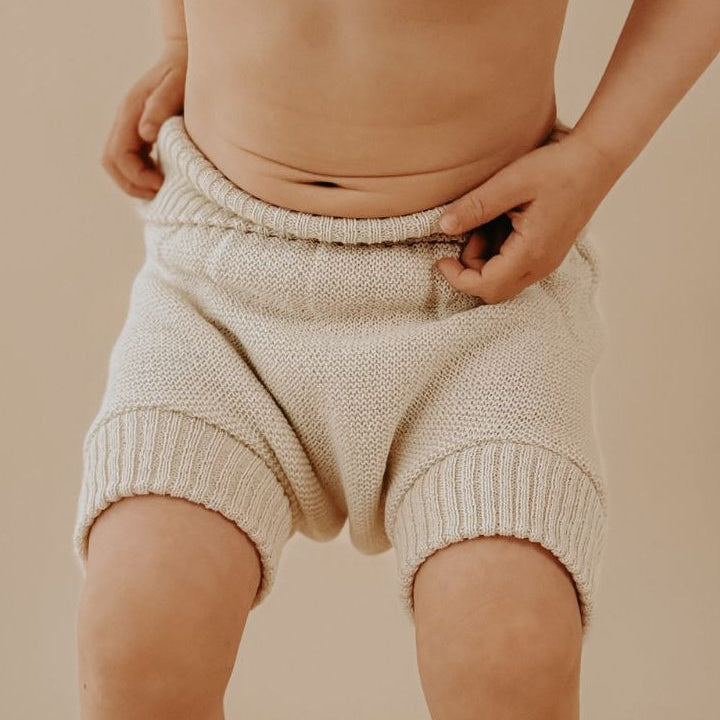
![Swim Nappy Bundle [Ship Oct 5 - 10] - Mimi & Co](http://mimiandco.com.au/cdn/shop/files/swim-nappy-bundle-ship-oct-5-10-5796576.jpg?v=1768287075)

![Toilet Training Undies Pants [Jan Preorder] - Mimi & Co](http://mimiandco.com.au/cdn/shop/files/toilet-training-undies-pants-jan-preorder-6316642.jpg?v=1766216229&width=1200)
![Reusable Bamboo Mimi™ Wipes [5 Pack] - Mimi & Co](http://mimiandco.com.au/cdn/shop/files/reusable-bamboo-mimi-wipes-5-pack-7600782.jpg?v=1761445103)

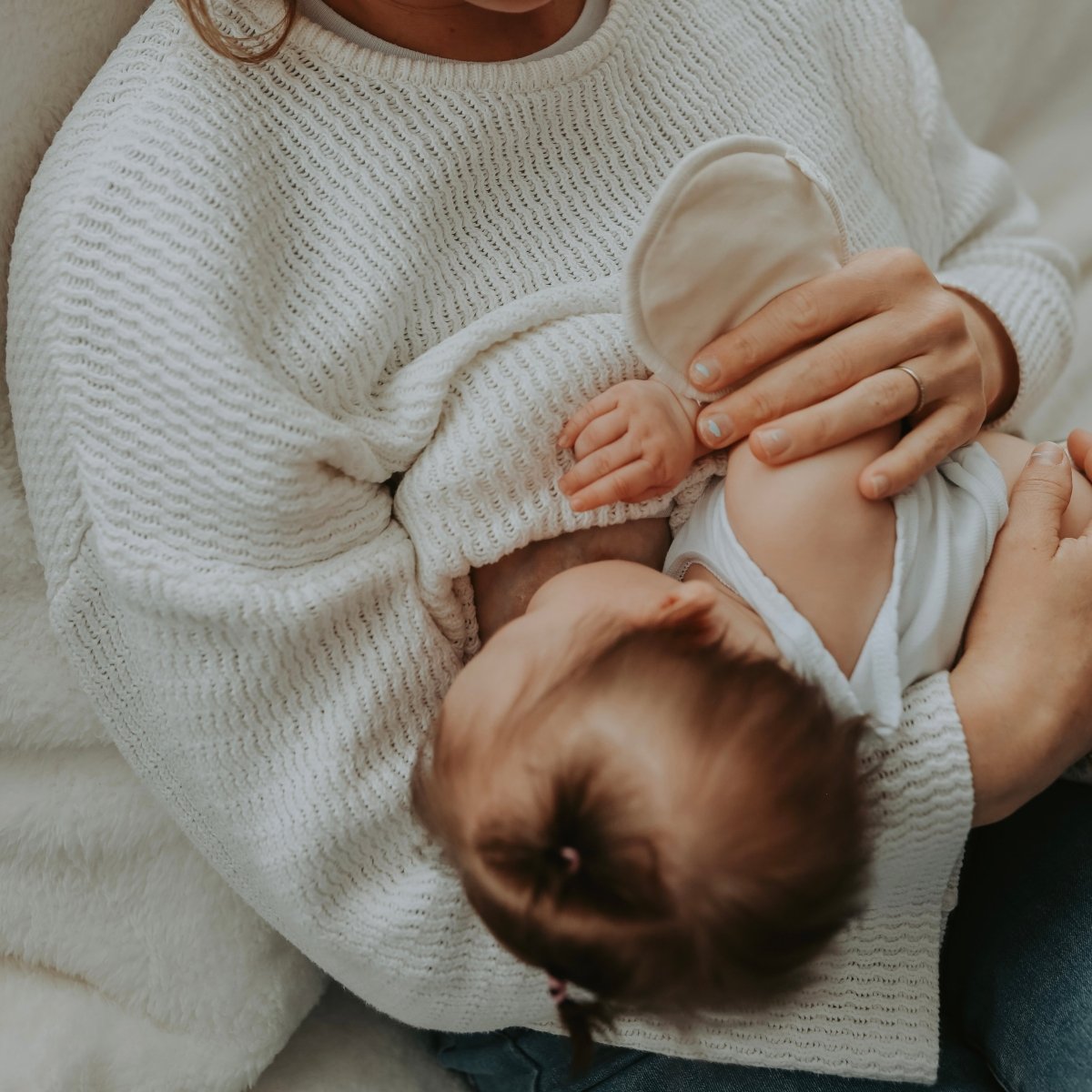
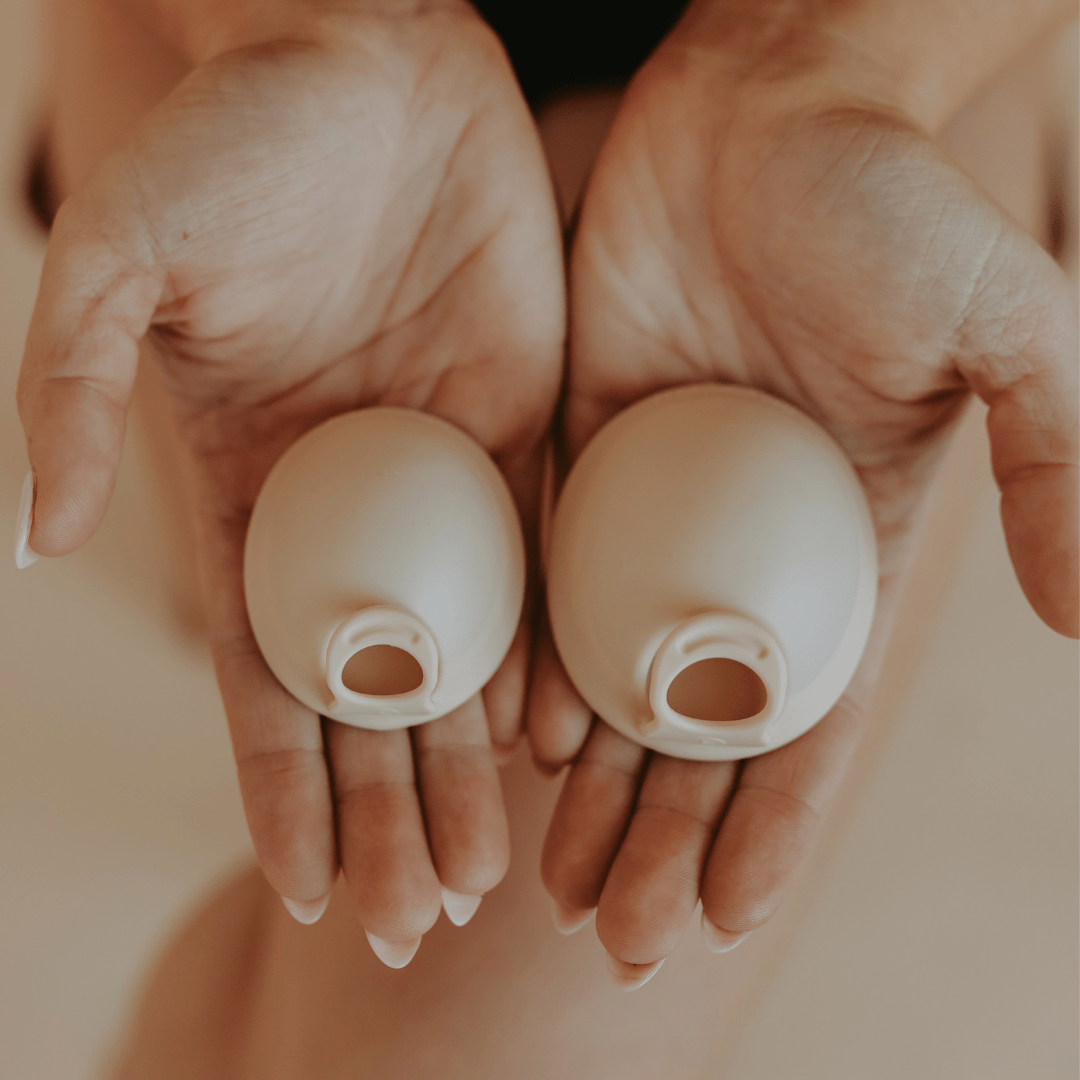
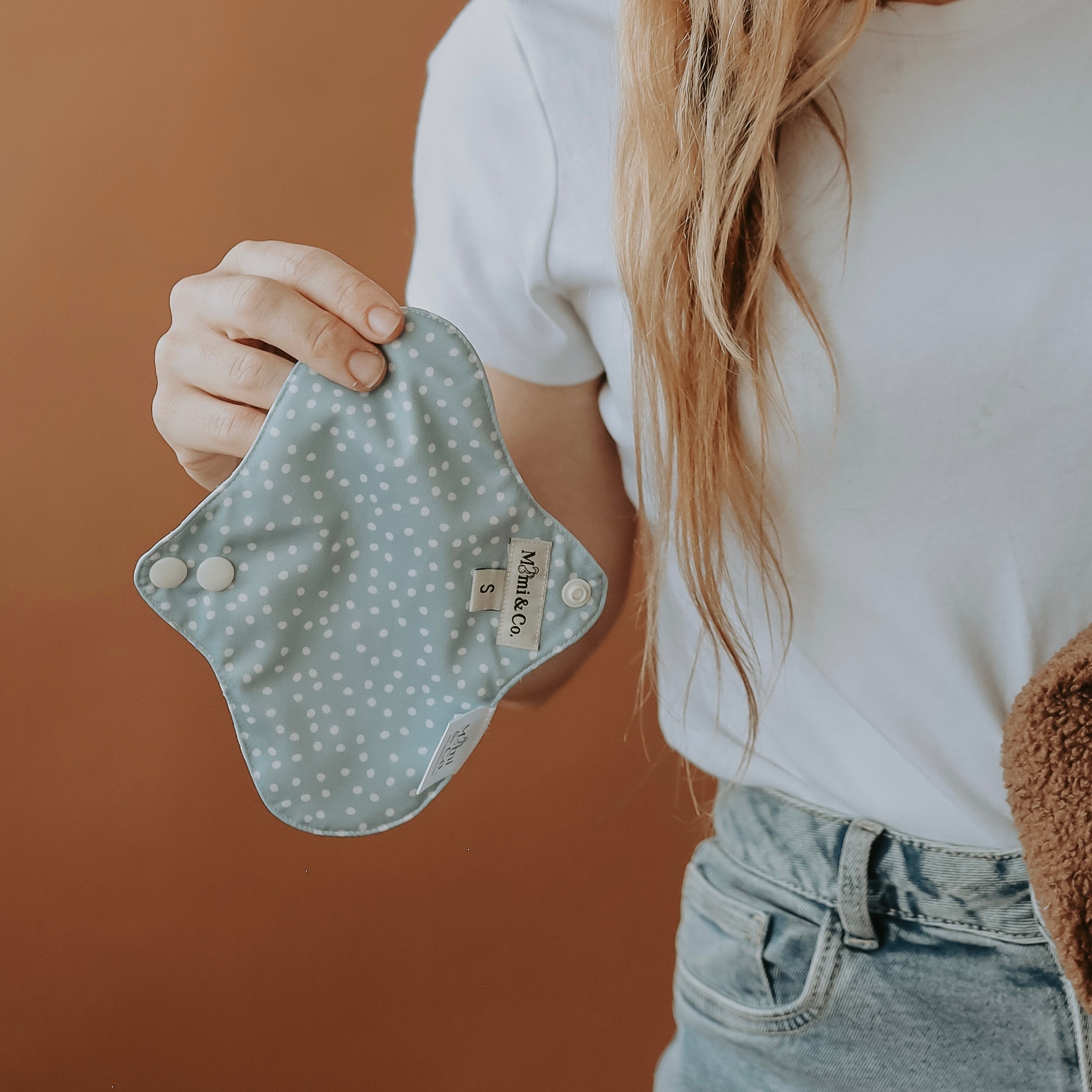
![Reusable Mimi® Menstrual Underwear [Shipping 31/9] - Mimi & Co](http://mimiandco.com.au/cdn/shop/files/reusable-mimi-menstrual-underwear-shipping-319-6508918.png?v=1759809525)
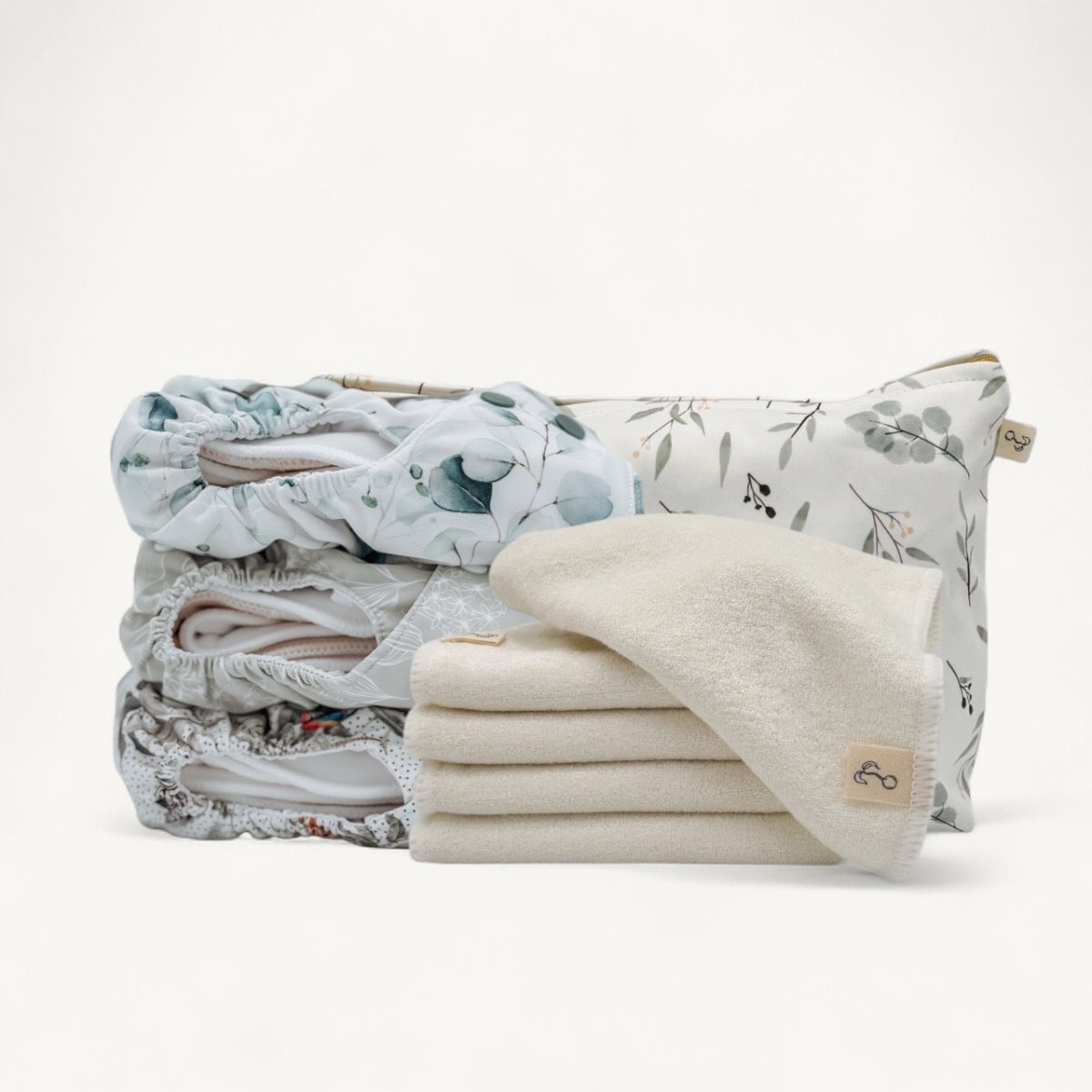
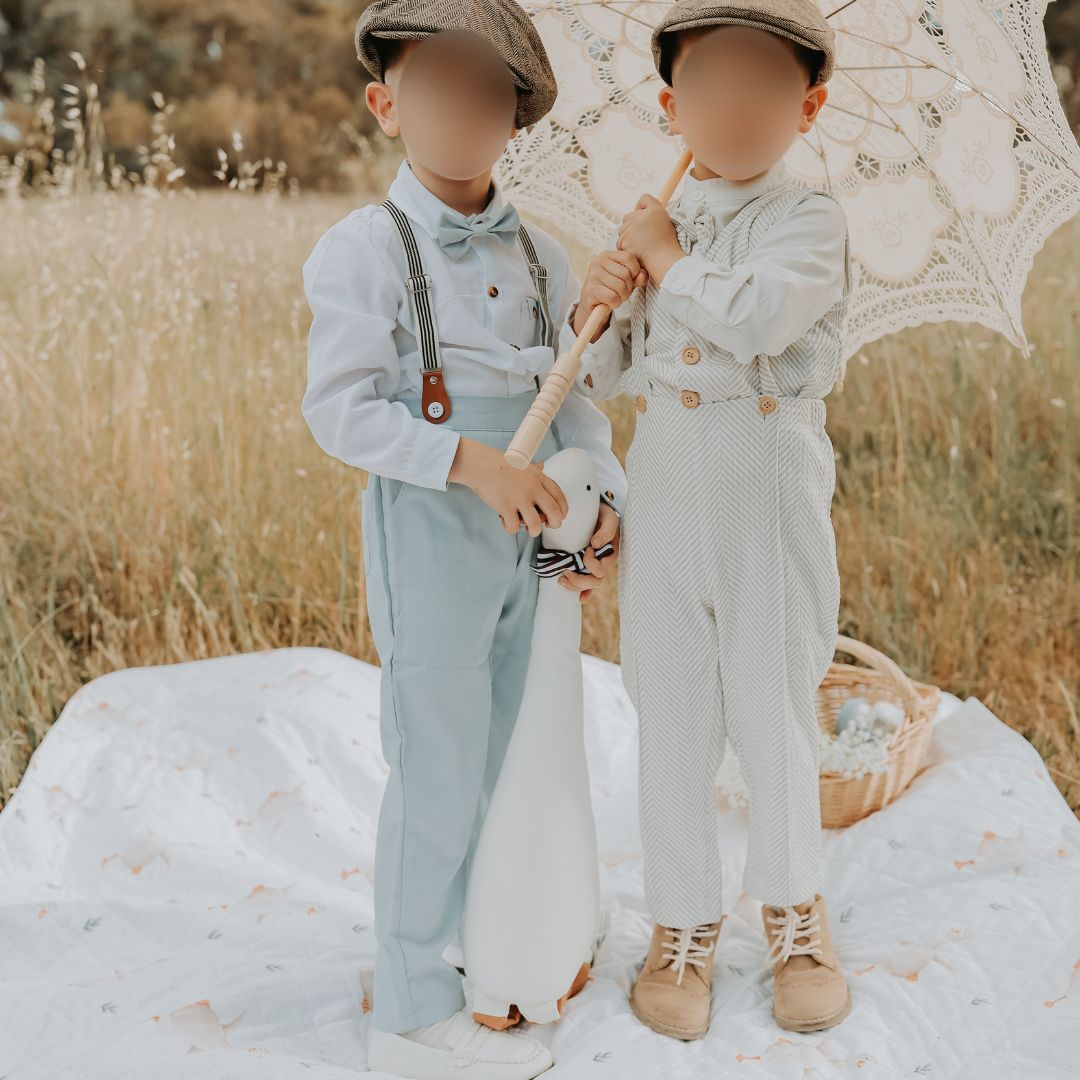
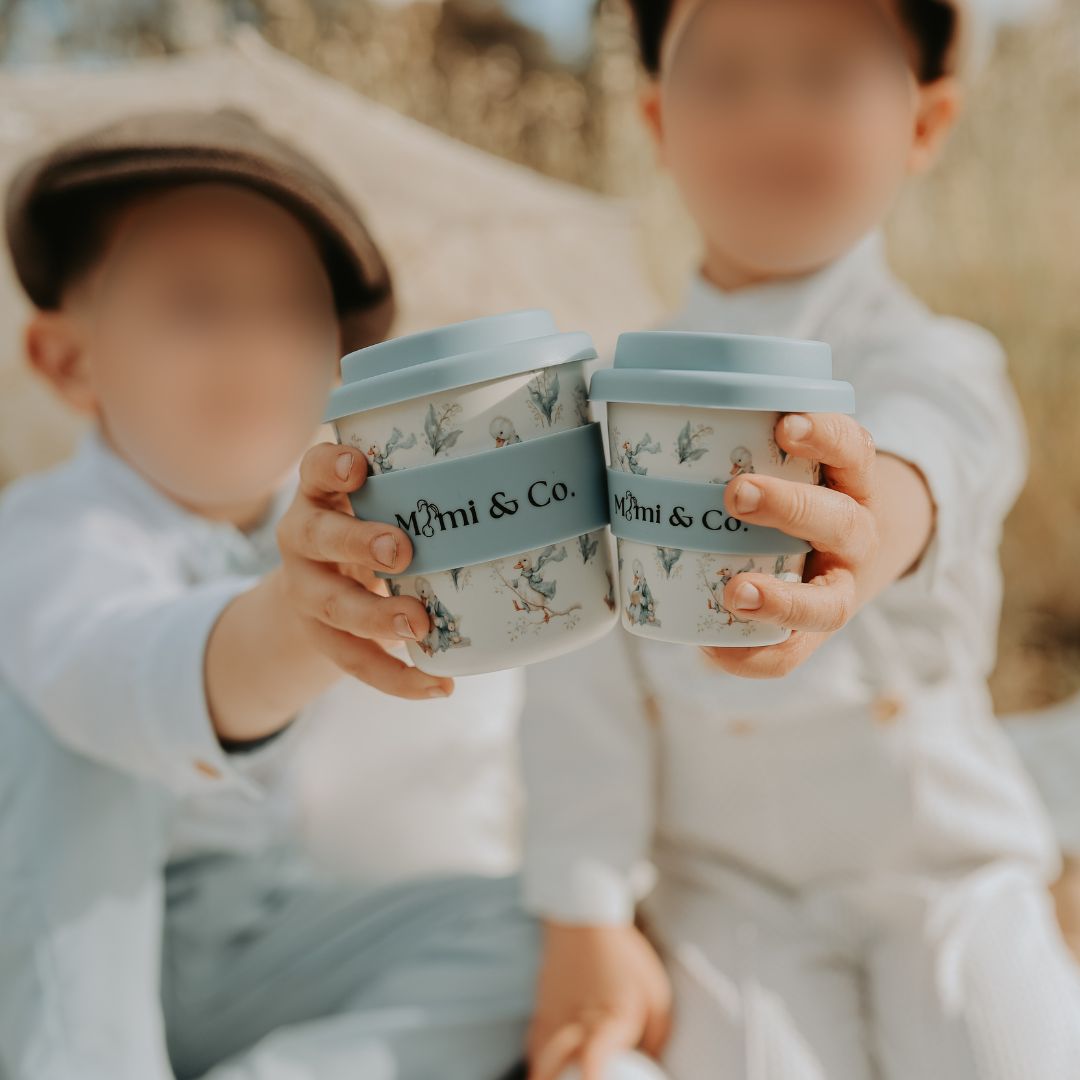
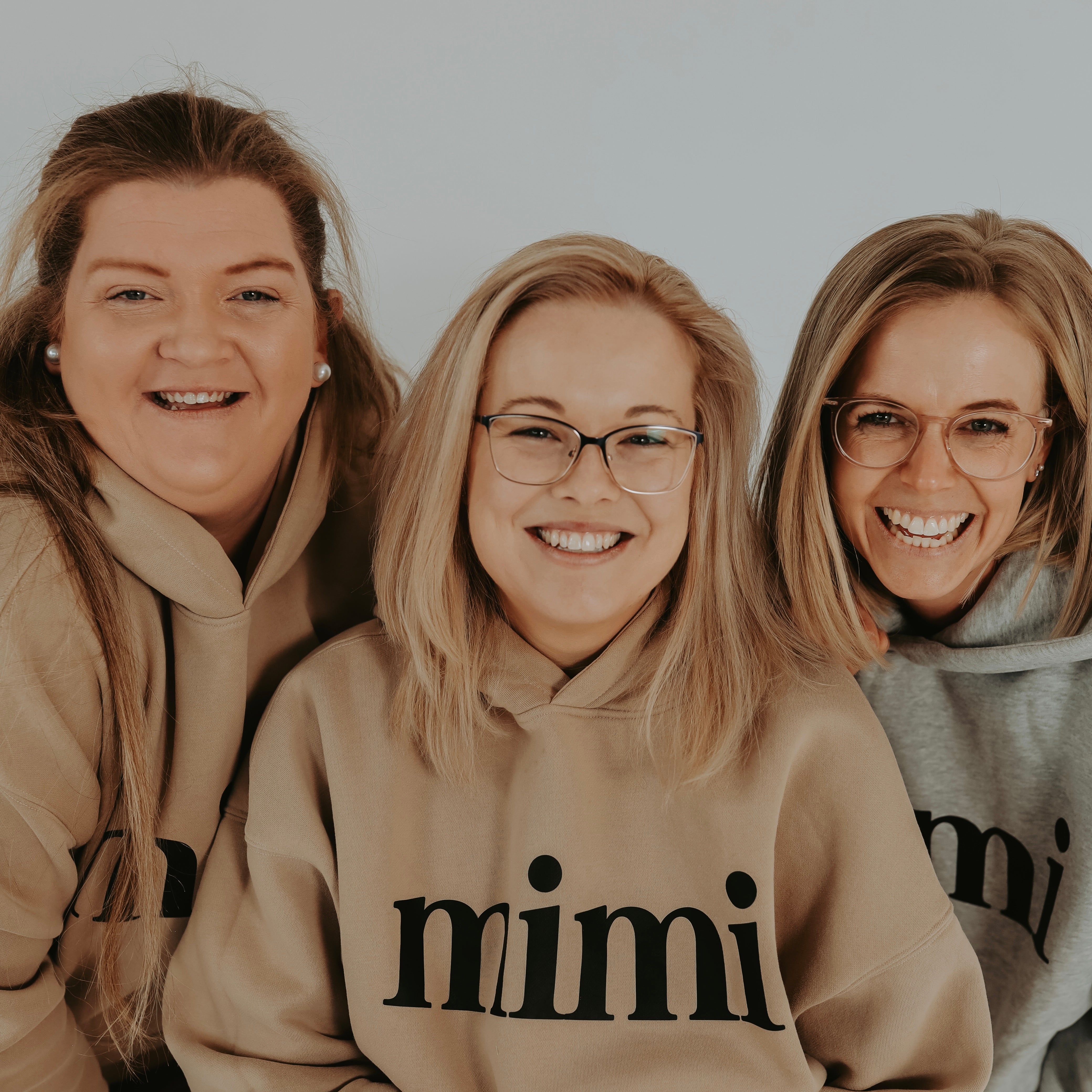
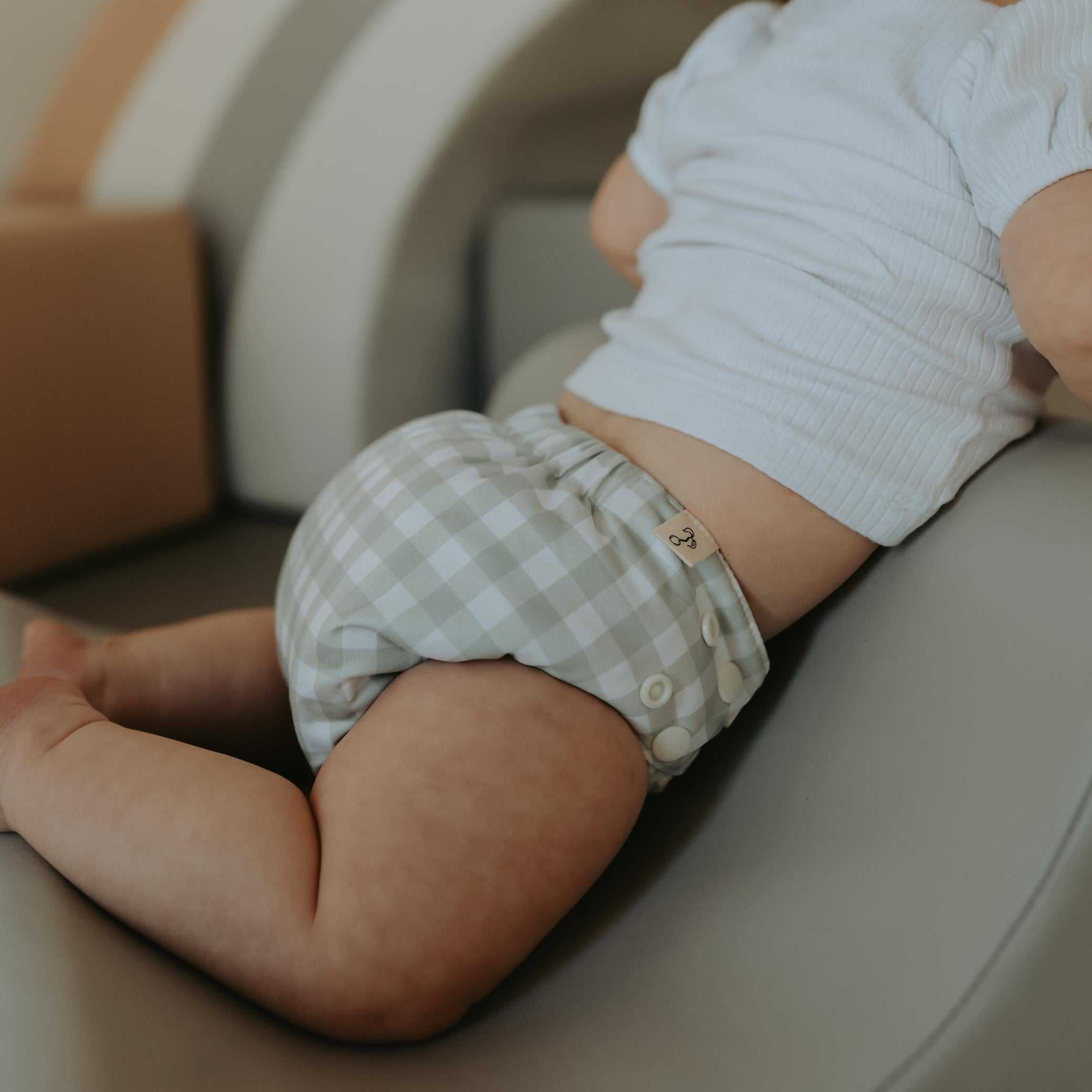
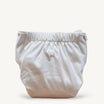
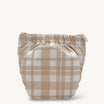
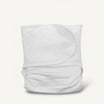
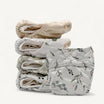
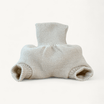
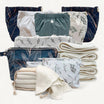
![Toilet Training Undies Pants [Jan Preorder] - Mimi & Co](http://mimiandco.com.au/cdn/shop/files/toilet-training-undies-pants-jan-preorder-6316642.jpg?v=1766216229&width=104)
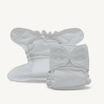

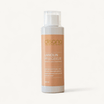
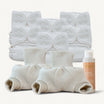
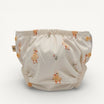
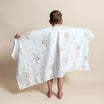
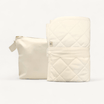
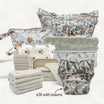
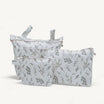
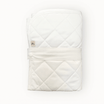
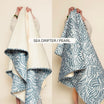
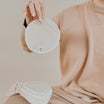
![Reusable Bamboo Wipes [5 Pack] - Mimi & Co](http://mimiandco.com.au/cdn/shop/files/reusable-bamboo-wipes-5-pack-580411.webp?v=1764820089&width=104)
![Organic Cotton Wipes [5 Pack] - Mimi & Co](http://mimiandco.com.au/cdn/shop/files/organic-cotton-wipes-5-pack-7079645.png?v=1759809401&width=104)
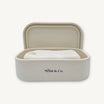
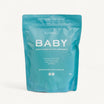
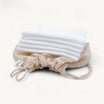
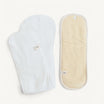
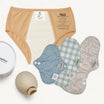
![Reusable Mimi® Menstrual Underwear [Shipping 31/9] - Mimi & Co](http://mimiandco.com.au/cdn/shop/files/reusable-mimi-menstrual-underwear-shipping-319-6508918.png?v=1759809525&width=104)
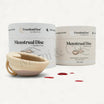
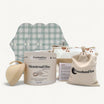

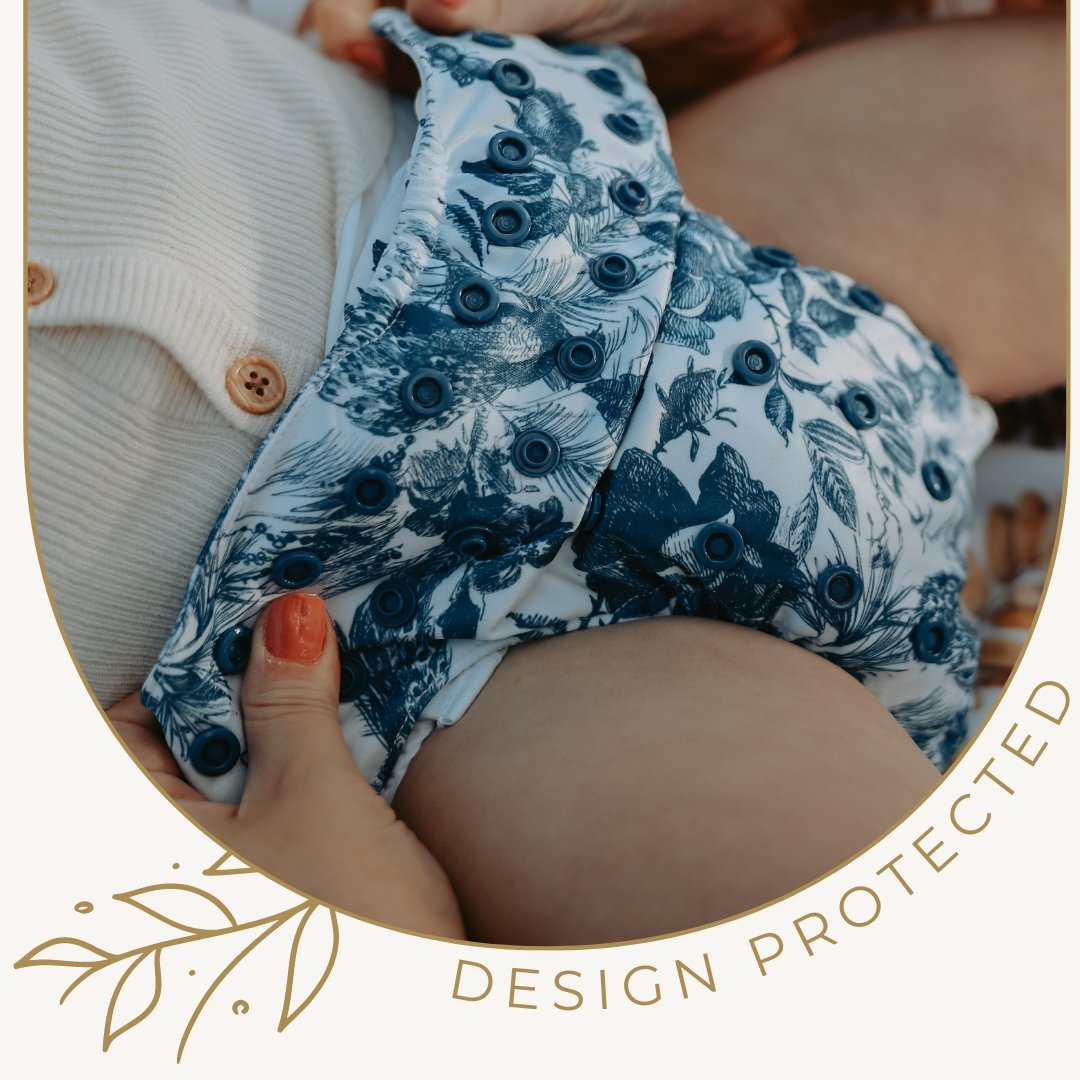
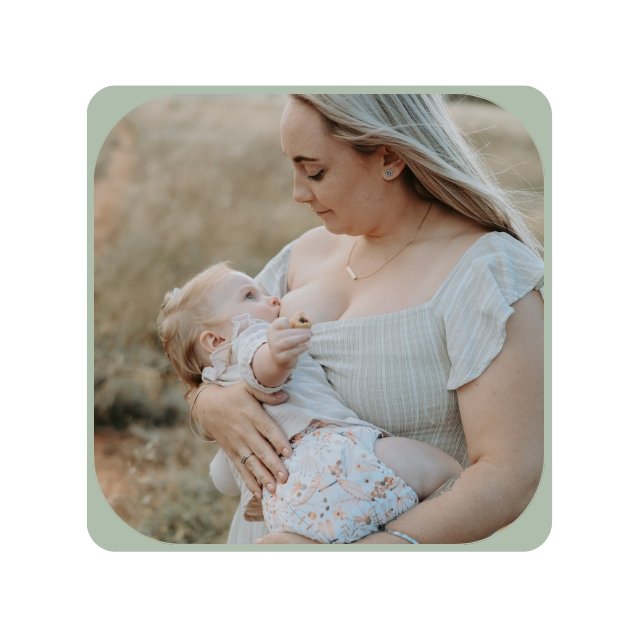




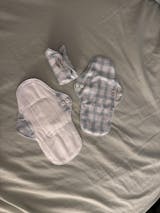
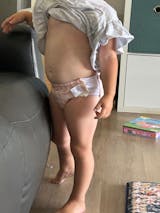
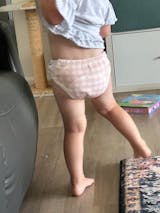
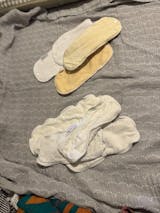
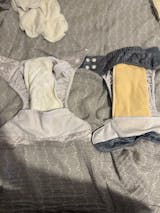
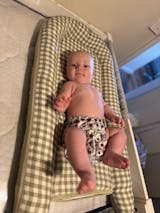

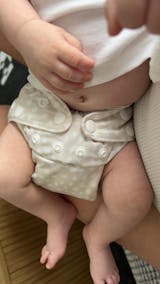
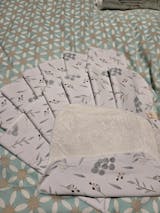
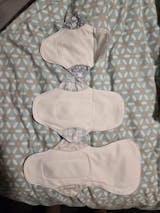
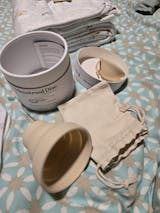
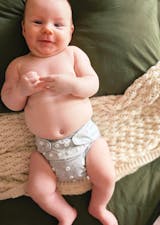
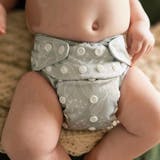
Leave a comment
All comments are moderated before being published.
This site is protected by hCaptcha and the hCaptcha Privacy Policy and Terms of Service apply.